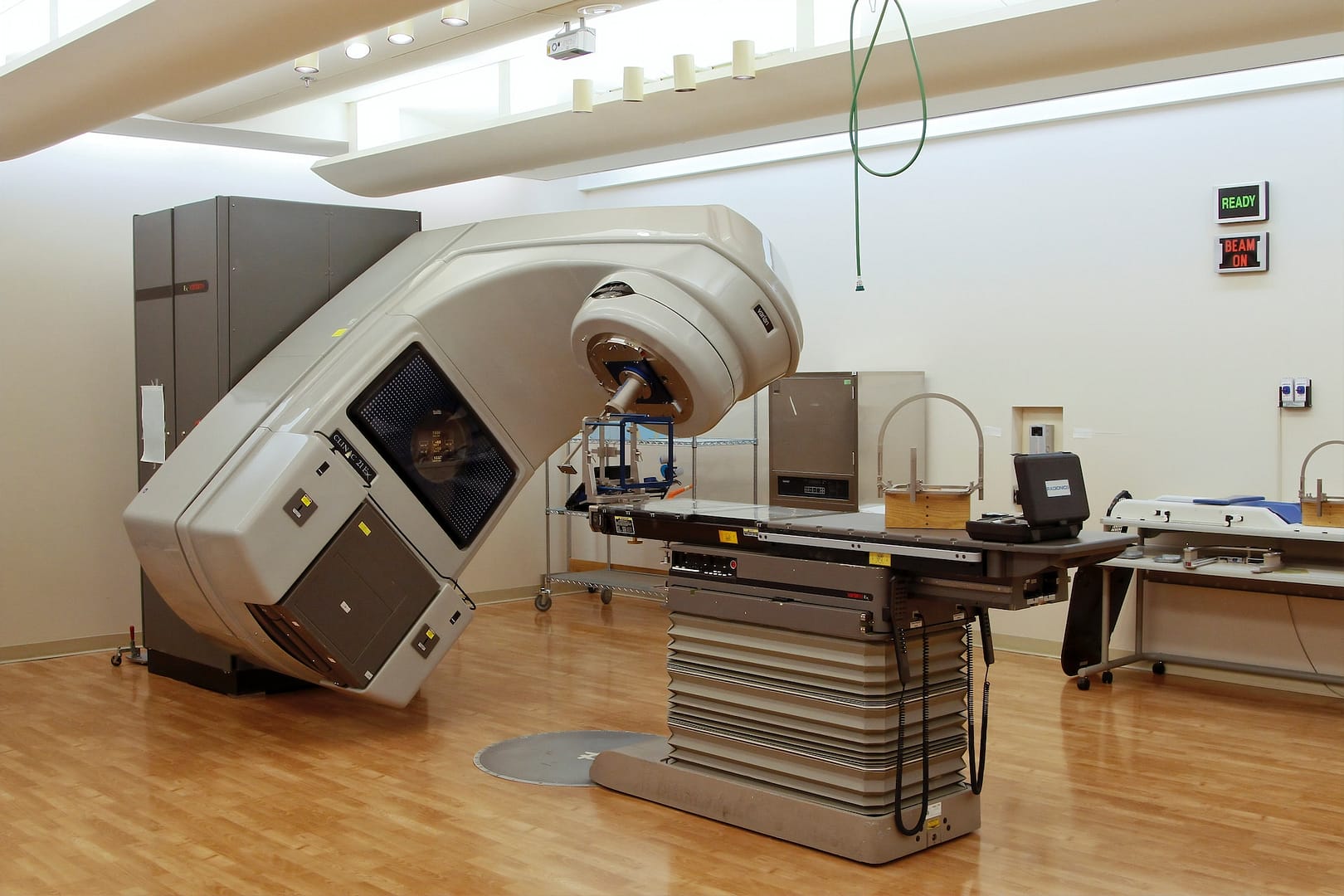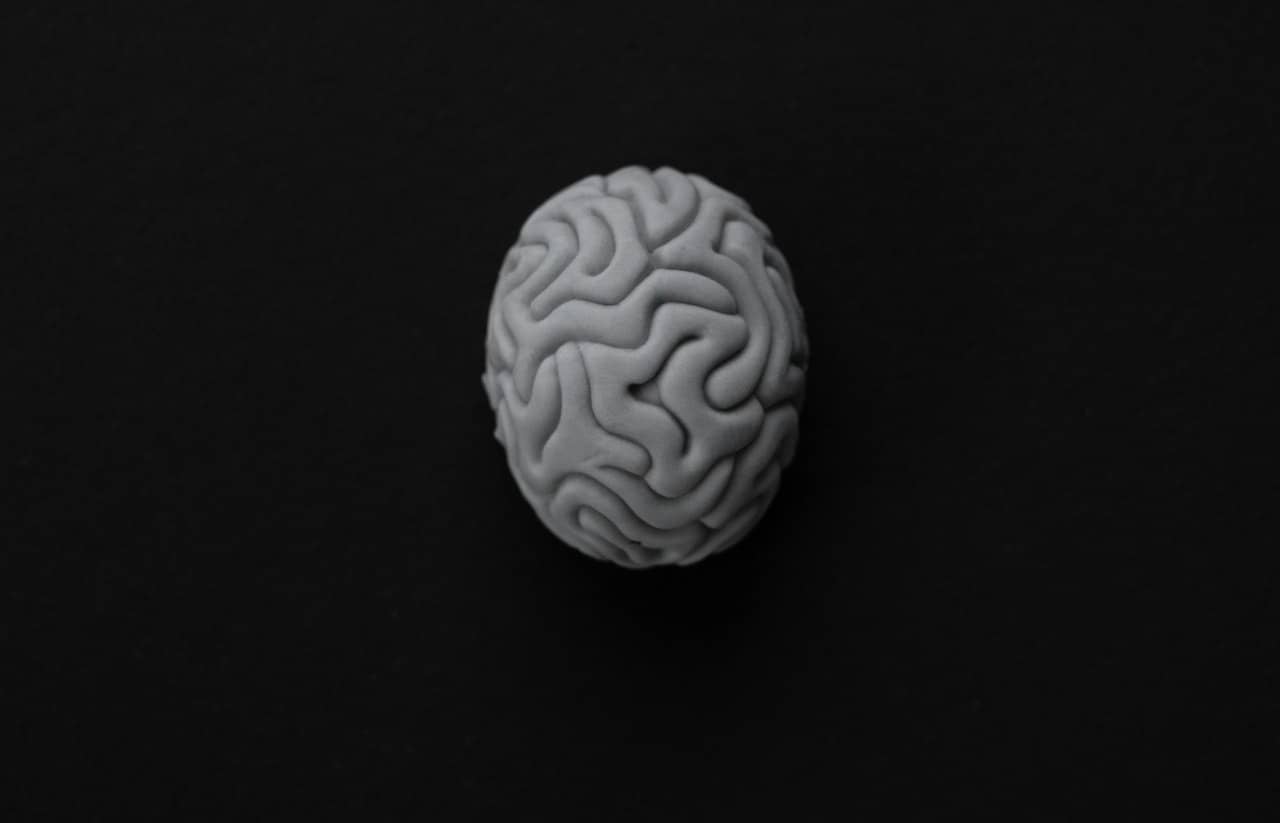Brain injuries, often referred to as the silent epidemics, can have profound and lasting effects on the human body. Among the intricate web of systems disrupted by such injuries, the autonomic nervous system (ANS) plays a pivotal role. In this exploration, we delve into the intricate connection between brain injuries and the autonomic nervous system, unraveling the mechanisms at play and shedding light on how these injuries can lead to autonomic dysfunction.
The Autonomic Nervous System: A Symphony of Regulation
The autonomic nervous system is the unseen maestro conducting the orchestra of bodily functions. It regulates involuntary actions, such as heartbeat, digestion, and respiratory rate, seamlessly maintaining the delicate balance required for optimal physiological functioning. Comprising the sympathetic and parasympathetic branches, the ANS orchestrates responses to various stimuli, ensuring our bodies adapt to internal and external changes.
How Does a Brain Injury Affect the Nervous System?
Imagine the brain as the command center, coordinating every action and reaction within the body. Now, consider the impact of a traumatic brain injury (TBI) on this intricate command system. When the brain experiences trauma, the delicate neural networks responsible for regulating the autonomic nervous system can be severely compromised.
The ANS, intricately connected to the brainstem, can suffer damage during a traumatic incident, disrupting its ability to regulate basic bodily functions. For example, a blow to the head can lead to a cascade of events where the brain, responsible for maintaining the balance between sympathetic and parasympathetic responses, is thrown into disarray.
Navigating the Maze: Can Brain Injuries Cause Autonomic Dysfunction?
Autonomic dysfunction, a consequence of brain injuries, manifests in a variety of ways. One common outcome is dysregulation of heart rate and blood pressure. In a healthy state, the sympathetic and parasympathetic branches collaborate to maintain cardiovascular stability. However, a brain injury can upset this delicate equilibrium, resulting in erratic heart rates and unpredictable blood pressure fluctuations.
The hypothalamus, a crucial regulator of autonomic function, may also be adversely affected by a brain injury. This can lead to disruptions in body temperature regulation, with individuals experiencing extremes of heat or cold intolerance. Such dysregulation not only affects comfort but also poses risks to overall health and well-being.
Unraveling the Threads: The Interconnected Web of Symptoms
Autonomic dysfunction following a brain injury is not a one-size-fits-all scenario. The symptoms can vary widely, creating a complex tapestry of challenges for those affected. For some, it might manifest as persistent headaches, while others may grapple with gastrointestinal issues, such as irritable bowel syndrome.
The Emotional Toll: Mood and Cognitive Impacts
The autonomic nervous system’s influence extends beyond the physical realm, infiltrating the emotional and cognitive domains. Individuals who have sustained brain injuries may find themselves grappling with mood swings, anxiety, or even depression. The intricate dance between neurotransmitters and the ANS can be disrupted, altering the delicate balance that governs our emotional well-being.
Cognitive function, too, can bear the brunt of autonomic dysfunction. Memory lapses, difficulty concentrating, and a general cognitive fog may become unwelcome companions for those navigating the aftermath of a brain injury. The intricate interplay between the brain and the autonomic nervous system is a delicate dance, and any misstep can have far-reaching consequences.
The Road to Recovery: Navigating Challenges and Seeking Solutions
Recovery from a brain injury with autonomic dysfunction is a journey fraught with challenges. Understanding the nature of the damage and its impact on the autonomic nervous system is the first step toward tailored interventions and support.
Holistic Approaches: Integrating Physical and Emotional Well-being
Holistic approaches to recovery encompass a spectrum of interventions addressing both the physical and emotional dimensions. Physical therapy, focusing on restoring motor functions and coordination, can be complemented by interventions targeting emotional well-being. Counseling and psychological support play a crucial role in helping individuals cope with the emotional toll of autonomic dysfunction.
Medication and Symptom Management
In some cases, medication may be prescribed to alleviate specific symptoms associated with autonomic dysfunction. Beta-blockers, for instance, can help regulate heart rate, providing a semblance of stability in cases where fluctuations pose significant risks. However, medication is not a one-size-fits-all solution, and careful consideration of individual needs and responses is paramount.
Making a Serious Injury Claim with National Claims
Navigating the legal landscape after a brain injury can be a daunting task. At National Claims, we understand the complexities involved in the claims process. Our dedicated team is committed to assisting individuals in seeking the compensation they deserve. From gathering evidence to negotiating with insurance companies, we strive to alleviate the burdens associated with legal proceedings, allowing individuals to focus on their recovery.

Conclusion
In the intricate dance between the brain and the autonomic nervous system, a misstep can have profound and lasting consequences. Brain injuries, with their potential to disrupt the delicate balance of the ANS, underscore the vulnerability of this intricate physiological symphony.
Understanding the impact of brain injuries on the autonomic nervous system is not merely an academic exercise; it is a call to action. It prompts us to advocate for better awareness, research, and support systems for those grappling with the multifaceted challenges of autonomic dysfunction post-injury.
As we navigate the complex terrain of brain injuries and their aftermath, let us foster a compassionate understanding of the individuals traversing this journey. In doing so, we contribute not only to their physical recovery but also to the restoration of the intricate harmony between the brain and the autonomic nervous system.
Start your claim today by speaking to one of our claims specialists. Contact us now!
Click below to see why we are one of the most trusted claims management companies in the UK.

We’re proud of our excellent customer reviews
We thrive on delivering exceptional service and ensuring our clients’ satisfaction. Don’t just take our word for it. Check out some of our independent reviews to see what our clients have to say.
Excellent

This firm is excellent, they sorted out my car pay out and injury claim very fast, they always communicate with you all the time.

My accident case was dealt with confidence and with great result of the outcome, especially James kept me informed all the time.

I was very impressed at the way my inquiry was treated. I was listened to attentively and everything I needed to know was explained to me.






